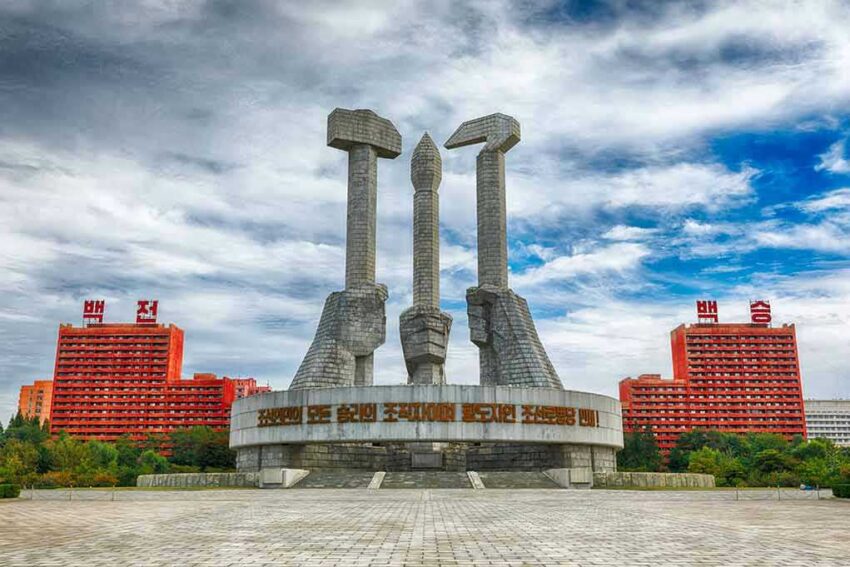Kim Jong Un’s renewed nuclear ambitions could pose significant threats to global stability, especially in light of recent US-South Korea military drills.
Story Snapshot
- Kim Jong Un pledges to accelerate nuclear development after joint US-South Korea military exercises.
- Tensions rise as North Korea perceives military drills as provocations.
- Potential impact on US foreign policy and regional security strategies.
- Growing concerns over nuclear proliferation in the Korean Peninsula.
North Korea’s Nuclear Threat Escalates
Following the recent joint military exercises conducted by the United States and South Korea, North Korean leader Kim Jong Un has vowed to expand his country’s nuclear capabilities. This pledge comes as a direct response to what North Korea views as provocative actions by the US and its allies. The situation underscores the precarious balance of power in the region, raising questions about the efficacy of current diplomatic strategies and the risk of escalation.
The military drills, intended to demonstrate the strength of the US-South Korea alliance, have instead heightened tensions on the Korean Peninsula. The North Korean regime perceives these exercises as a direct threat, prompting a pledge to enhance its nuclear arsenal. This cycle of action and reaction complicates efforts to achieve long-term peace and stability, with both sides seemingly entrenched in their positions.
Implications for US Foreign Policy
The escalation of North Korea’s nuclear ambitions poses significant challenges for US foreign policy. The Biden administration’s efforts to engage in diplomatic discussions with North Korea were largely unsuccessful, and the new administration under President Trump faces similar hurdles. The focus now shifts to deterrence and defense, as the US must balance its commitment to protecting allies with the need to prevent further nuclear proliferation.
President Trump’s administration may need to reassess its approach to North Korea, considering both military readiness and potential diplomatic avenues. The situation requires a careful calibration of policy tools to avoid miscalculation, while also reassuring allies in the region of America’s unwavering support.
Regional Security Concerns
North Korea’s nuclear developments not only threaten US interests but also destabilize the broader region. Japan and South Korea, both key US allies, face direct threats from North Korean missiles. This has prompted discussions around enhancing missile defense systems and increasing military readiness. The implications for regional security are profound, as countries weigh the risks of an arms race against the need to protect their sovereignty.
While the immediate focus remains on military preparedness, there is a pressing need for a coordinated international response to address the underlying issues. Engaging China, a key regional player with significant influence over North Korea, will be crucial in any efforts to defuse tensions and promote stability.
Kim Jong Un makes nuclear pledge after South Korea-US military drills – The Independent https://t.co/cuEbaRrGbD
— Shakespeare369 (@Shakespeare3699) August 19, 2025
The evolving situation highlights the complexity of international relations in the era of nuclear proliferation. The US and its allies must navigate these challenges with a strategic vision that prioritizes both regional security and global stability.
Sources:
Click this link for the original source of this article.
Author: Editor
This content is courtesy of, and owned and copyrighted by, https://www.rightwing.org and its author. This content is made available by use of the public RSS feed offered by the host site and is used for educational purposes only. If you are the author or represent the host site and would like this content removed now and in the future, please contact USSANews.com using the email address in the Contact page found in the website menu.





